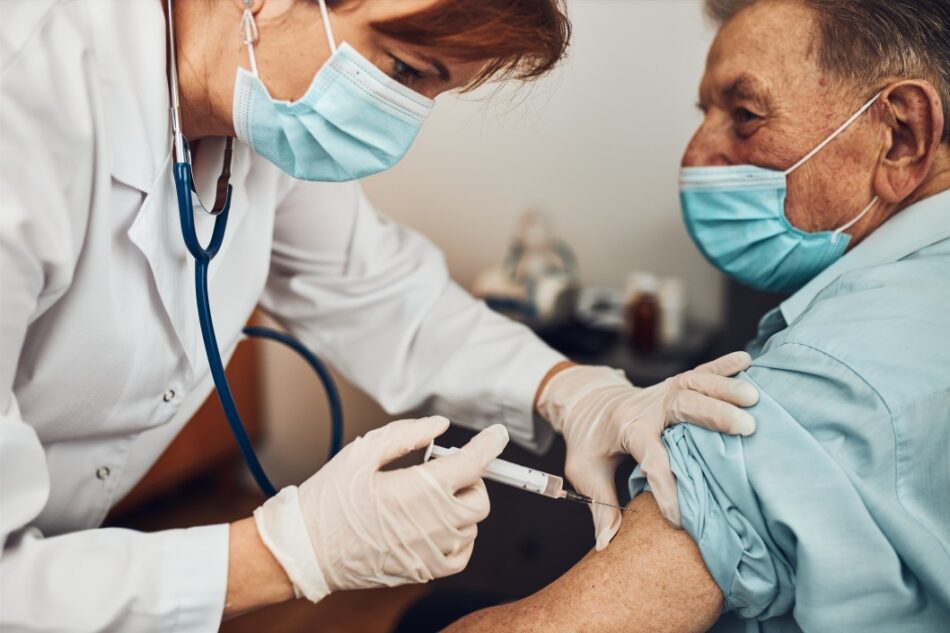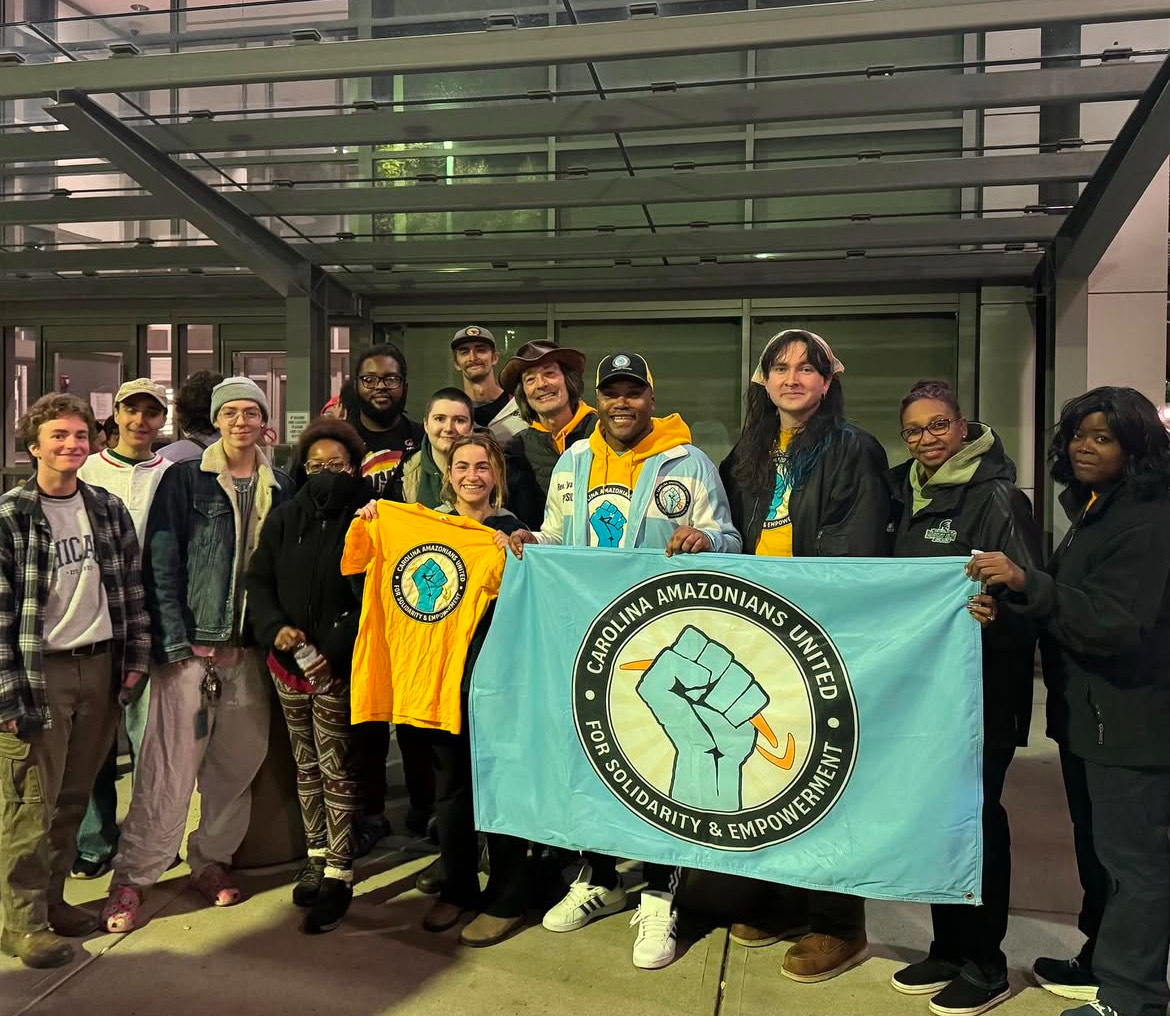With nearly 200 million people being fully vaccinated across the nation, different states are now rolling out third doses and booster shots for those that are more at-risk for catching Covid-19. While many have anticipated the rollout of these helpful vaccines, there has been just as much confusion and little clarity about who exactly qualifies for one of these shots, and if you should get one if you’re perfectly healthy and already vaccinated.
The Pfizer-BioNTech vaccine, its boosters and third dose shots are the only ones that have full FDA approval, while Moderna is offering third dose shots at many pharmacies in multiple states without official FDA approval and without doctor recommendation. The third dose of Moderna is exactly the same as the first two shots, and a booster shot is typically a half dose. Currently, the Moderna vaccine, as well as its booster and third dose shots, are approved for emergency use and the FDA will be meeting in mid-October to discuss further approval for Moderna and Johnson & Johnson.
“Pfizer is the only approved Covid booster available right now,” said Dr. Yolanda Reyes, a neurologist in Miami, Florida. During the pandemic, she was called in as an emergency doctor to help treat Covid-19 patients while hospitals were at their max capacity. “If you got Pfizer, you can take the booster six months after your last shot, especially if you’re at risk, like being over the age of 65. Your booster shot should match whatever your other vaccines were. So if you got Moderna, you shouldn’t mix it with Pfizer.”
Dr. Reyes’ statements match the CDC’s website on booster shot guidelines: don’t mix your shots, and only take it if you fall into a certain group of high-risk individuals that may need greater protection, such as healthcare workers.
“I’m a healthcare worker exposed to Covid every day,” said Dr. Reyes. “I’m 59, not over 65, but I’m older. Maybe if I was a younger doctor, my response would be different because I think my immune system will be able to handle it. But since I’m older, I’m taking the booster because immunity from the shot goes down over time and I need to be protected, especially to help others.”
Despite these guidelines, there is still confusion across these high risk groups regarding booster shots, especially those who received a Moderna vaccine. In pharmacies across the country, Moderna “boosters” are being offered, which are usually just a third shot with a full dose of the vaccine, exactly the same as the first two shots.
“It was my understanding at the time that I got it that it was the exact same shot that I got on the previous two times, which would be the full dose, although I thought maybe I would be getting a half dose,” said Laura Bonavita, a Jupiter, Florida resident who got a third dose of Moderna.
Bonavita sought out a booster shot because she has an autoimmune disorder and was traveling soon. With many airlines back at full capacity, she wanted some extra protection before her flight.
“Even though I do wear my mask all the time and I carry hand sanitizer, I just felt that I would be better prepared if I would get the third dose,” said Bonavita. “So, I got my third dose without talking to my doctor first. I just went ahead and got it at a pharmacy because I knew I was going to be on an airplane.”
All she had to do was list her existing conditions that qualify her need for a booster once she got to the pharmacy . She did not have to show proof of her existing conditions.
Some people over the age of 65 were waiting for the news of a third dose to come out, hoping it would reinforce their immune system and give them further protection. Older residents have also found that their side effects from the vaccine are similar to how they reacted to the first two doses.
“I got vaccinated because I wanted to feel protected from Covid-19, especially at my age,” said Orfilia Barrientos, 89, a Miami resident. “After the booster shot, I had no reactions or symptoms, it was not painful or uncomfortable at all. I do feel much safer knowing I have it, especially since new variants can always appear.”
Dr. Reyes encourages her reluctant patients to take the vaccine anyways, if not for themselves, then for those around them.
“Taking your booster doesn’t mean that you have less immunity, or that the first two shots that you took were not effective,” said Dr. Reyes. “What it means is that we know that the effectiveness of vaccination decreases over time. So getting a booster is exactly that, it’s a booster. You’re going to boost, or help out, your immune system.”
And, many agree, increasing vaccination rates is the only way to bring society back to a safer, more normal life.
“I’d recommend everyone that can get vaccinated to do so,” said Barrientos. “It’s the only way we’ll start to see normalcy again.”


